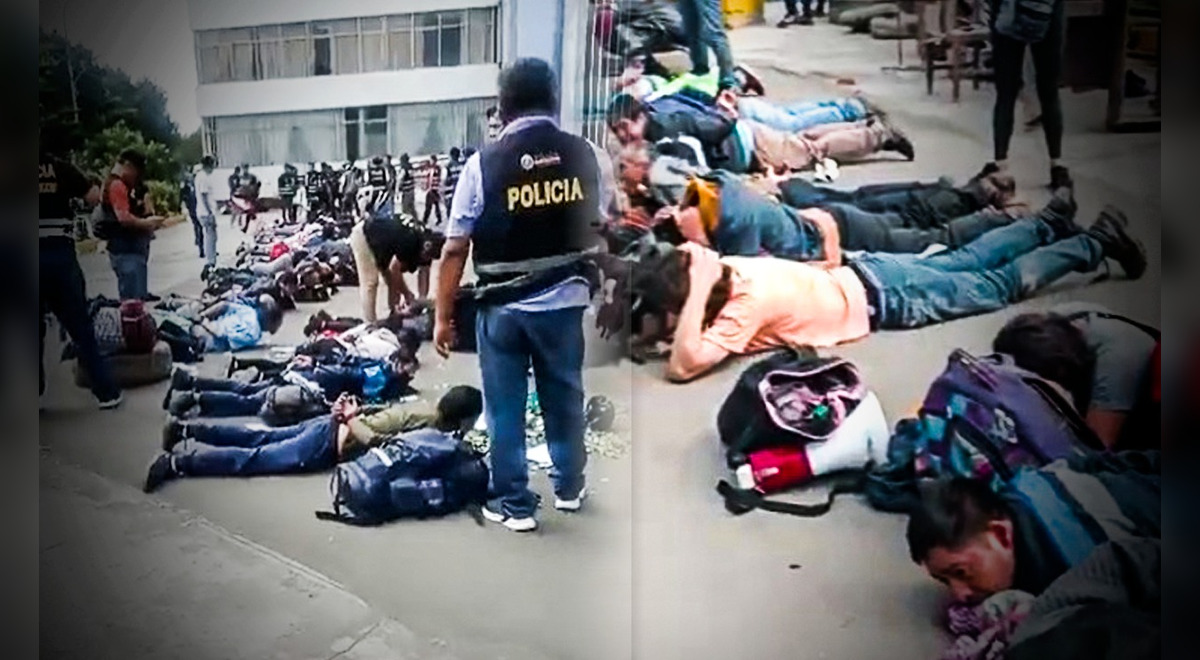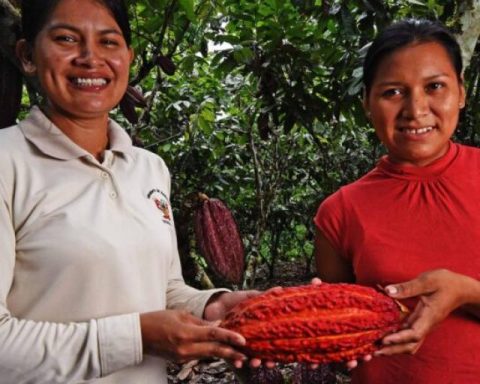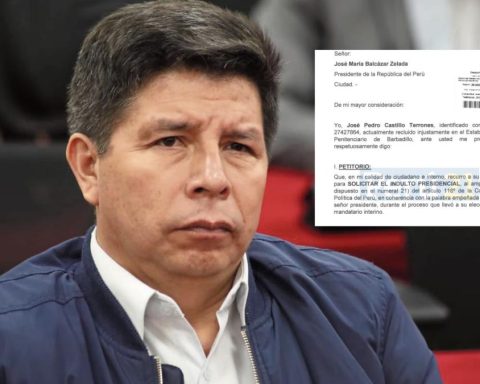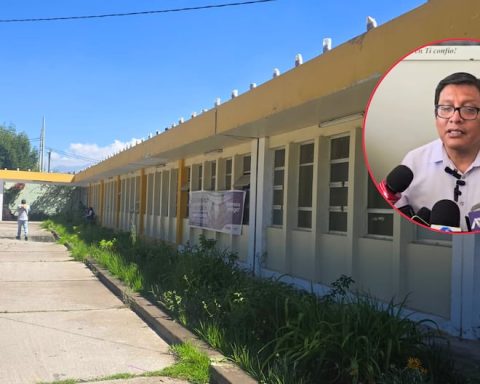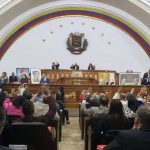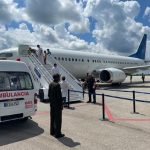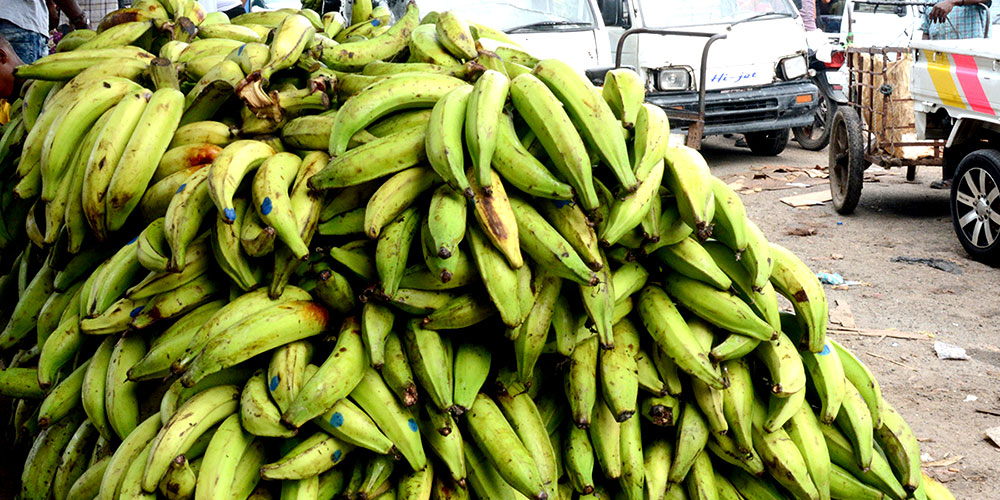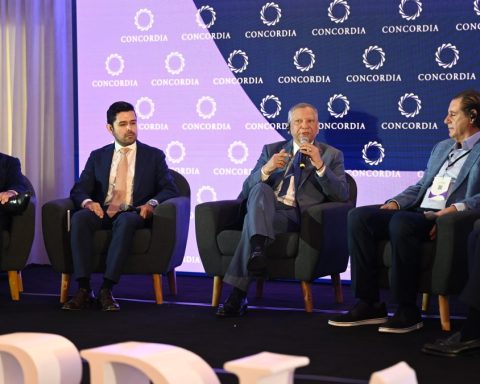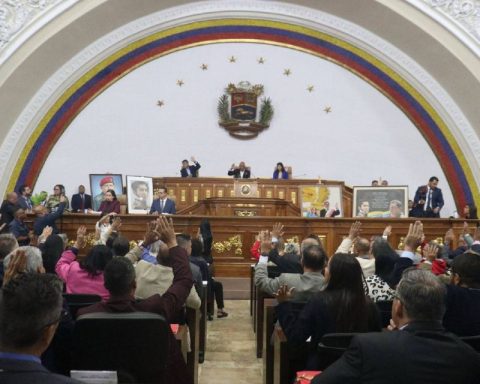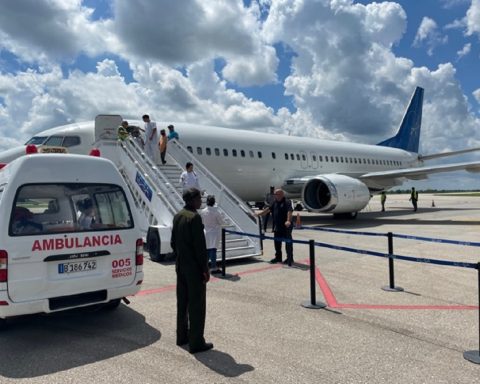Students, graduates and protesters who arrived from the provinces narrated the mistreatment and abuse they received from the police during the violent intervention at the Universidad Nacional Mayor de San Marcos (UNMSM).
On Saturday, December 21, at 9:30 in the morning, the National Police of Peru (PNP) entered with the tank TE-10415 to the university city of La National University of San Marcos in order to arrest all the people present in the place.
Without measuring the use of force, the PNP He attacked the people who were having breakfast, reduced and without a defense attitude.
“They started firing tear gas, including from the helicopter. The policemen began to capture people as if we were criminals. They did hit my foot when they threw me to the ground, it’s still green,” says Luis, a student who prefers to remain anonymous for fear of reprisals during the investigation.
Luis was one of the 192 detainees on Saturday, December 21, at 9:30 am Still shocked by the violent event, he agreed to narrate the facts to La República, as long as they did not identify him.
Most of the people who arrived from the province were near the doors, next to where all the food that came through donations was stored. There, the police seized most of them, forced them to lie face down with their hands behind their backs..
“The police told us: ‘Hands up, kneel down.’ My companions began to cry. Yes, they beat us.” Wilber, 51, says that he arrived from Ilave along with a delegation to protest.
Intervention in San Marcos by the Police.
As this newspaper has confirmed in previous reports, the police officers entered Ciudad Universitaria to “capture terrorists.”. But, officially, the authorities of the Government of Dina Boluarte They argued that the police raided the university cloister at the request of the rectory to evict “usurpers.” This version was later denied by Jeri Ramón.
“I saw that the people of Ayacucho were beaten harder, they were brutal with themwith both women and men. They punched them. A police officer checked the backpack of one of them and found a bottle of vinegar and told him ‘what is that’ and threw it in his face, hitting him,” Luis said.
Along these lines, Fermín, from Arequipa, narrated that a policeman reduced him with a kick in the back and that he saw the mistreatment his countrymen received.
“While I was on the ground, I could see my other colleagues being beaten by the policemen. They all received blows to the head and part of their body, with their sticks,” he said.
After the first arrests inside the student body, members of the Police, in an evidently planned act, went to the university housing. Obviously, the resident students were not “usurpers.” Incredibly, the agents captured all the students who were in their rooms, kicking down the doors that were in the way..
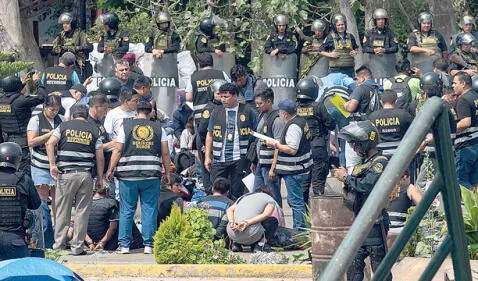
Intervention in San Marcos by the Police.
disproportion and abuse
“They didn’t say anything, they just went into the residence, slammed the doors and started shooting,” said Judith, a resident who also asked not to be named.
“I was in my room, several colleagues were taken out of their rooms. They didn’t tell us why they were kicking us out. Just yesterday, at midnight, they told us the reason for the detention, ”he added. They told him it was for “aggravated usurpation.”
While Melissa, another resident, confirmed that the police officers, despite the fact that from inside the rooms they were told that they were students, they broke the entrance and bathroom doors to pieces. According to the testimonies collected, the police officers used disproportionate force.
“They have beaten us with their rod, they have thrown us to the ground, they have threatened us horriblyJudith says. “A colleague left him very red [la pierna] and I wouldn’t stop crying (because of the pain),” Melissa said.
prisoners
The 192 detainees were transferred to the headquarters of the Criminal Investigation Directorate (Dirincri) and the Directorate against Terrorism (Dircote). Taking advantage of the fact that lawyers were prohibited from entering, the police attacked some protesters for no reason.
“A policeman punched me in the stomach because I was taking a long time to remove a necklace. I asked him why he was doing it and he only became more violent and threw my necklace on the ground,” another victim described.
While another student told this newspaper that a group of detainees was taken to a dark dungeon located in the basement of the Dirincribecause the police had been angry with his statements before the Prosecutor’s Office.
“They took us to a basement for three hours, it was a dungeon with the smell of urine and there was no light at all. You felt coerced all the time,” revealed Luis. The police were constantly photographing, filming and threatening to beat them.
Police intervention in San Marcos.
“They told us that the lawyers were not going to help us, nor the Ombudsman, nor the congressmen. The police treated us like criminals at all times,” he said.
In addition, some detainees confirmed that the PNP forced them to take off all their clothes to check that they do not have any prohibited objects. There was no respect for anyone.
Among those arrested were a mother with her underage daughterelderly people with serious illnesses and even journalists from Puno who, despite identifying themselves, were violently detained.
“I was wearing a press vest, identified, but they arrested me anyway. Before they arrested me, I could see that the police were pointing their weapons at people,” said journalist Paty Condori.
The lawyer Marisol Fernández indicated through social networks that the police also prevented the defenders from doing their job properly. Rather, they delayed the proceedings so that they do not continue with the defense of the detainees.
He also narrated that the policemen did not allow one of the detainees to buy his medicines, who urgently required it. It was only when they were informed of the seriousness of his state of health that they agreed. Police abuse put the lives of detainees to the limit.
Data
Humiliation. The National Human Rights Coordinator He denounced that the PNP forced the detainees to undress and bend over to look for drugs in their private parts.
Pressure. Some detainees denounced that the police required them to sign an arrest warrant without the presence of lawyers.
Without eating. They also pointed out that they did not receive food until 10 pm, due to the delay of the proceedings in the police stations.
